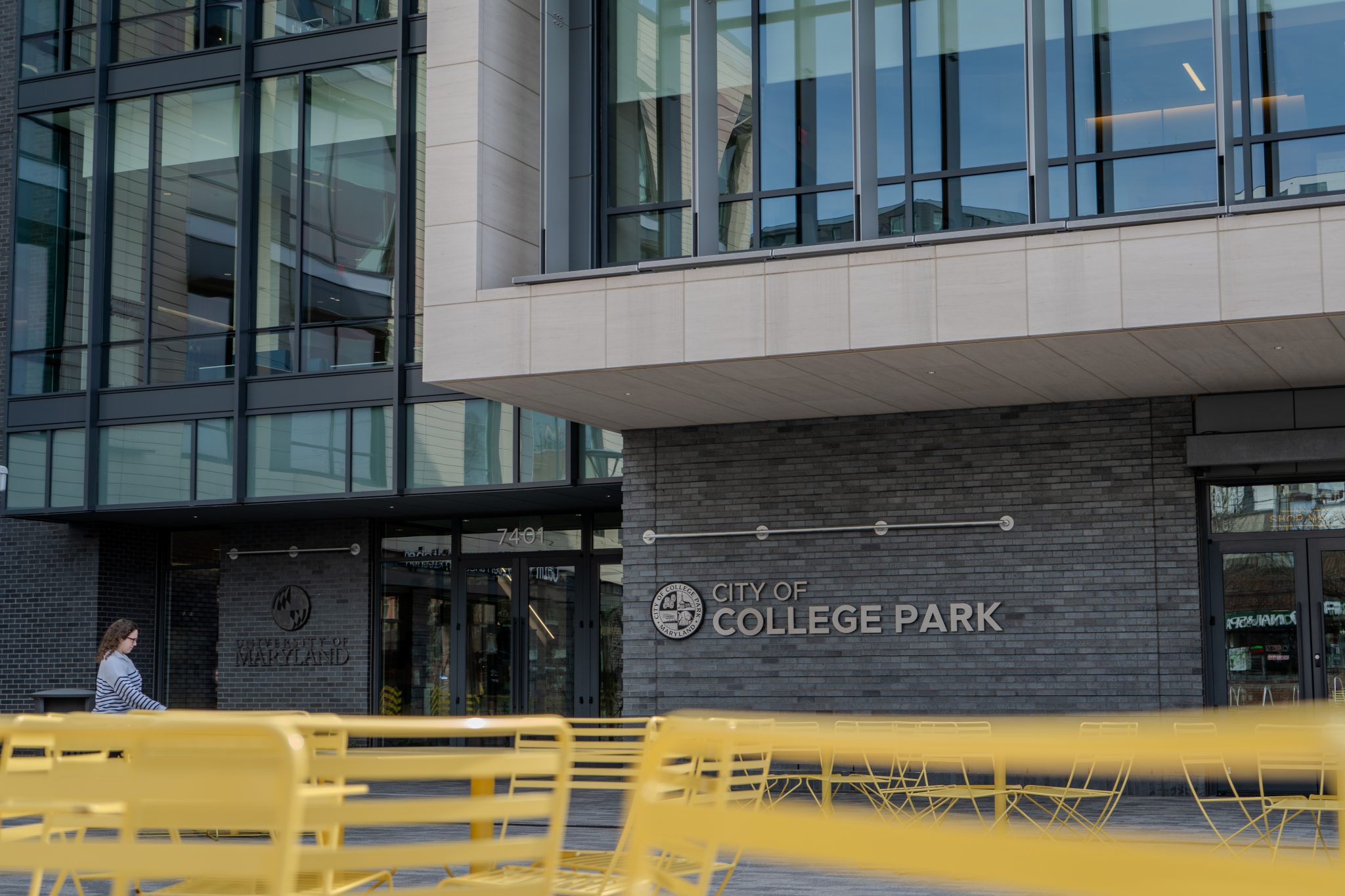Disclaimer: Current student liaison Dhruvak Mirani is a former Diamondback opinion columnist.
A College Park City Council subcommittee presented its recommendations for a needs-based student housing pilot program on Tuesday.
The rental assistance grants pilot program subcommittee’s final report proposed that the city offer about 150 grants of $1,500 through the program, according to the subcommittee’s presentation during Tuesday’s council meeting.
The money for the program will come from the three cent increase on apartment, commercial and industrial properties in fiscal year 2024 budget, the final report said. The council could change the number and value of the grants before it votes on the subcommittee’s proposal later this month, according to the report.
“People really understand and agree with the idea that getting this kind of subsidy would make a tangible difference in almost any college student’s life, particularly a student with financial need,” Dhruvak Mirani, student liaison and non-voting member of the subcommittee, told The Diamondback.
The report proposed two options to determine residents’ eligibility to receive one of the grants.
The first gives eligibility to any undergraduate student resident who qualifies for a Federal Pell Grant for the 2023-24 or 2024-25 academic year and has a signed lease in a qualifying property.
The second option includes undergraduate or graduate student residents and College Park renters in a qualifying property who earn at or below 40 or 60 percent of the area median income, the report said.
[College Park City Council approves Rhode Island Avenue design improvements]
The council will decide between the eligibility options and whether the average median income requirement for residents applying under income-based eligibility will be at 40 or 60 percent, according to the report.
Non-resident taxpayer Richard Biffle had strong critiques about the program. The subsidies will only make the city’s housing market more expensive and the city shouldn’t be responsible for subsidizing its student population, he said.
“Housing costs are part of the investment that a student and [their] family make when the student goes away to college,” Biffle said during Tuesday’s meeting. “College Park’s taxpayers have no interest in subsidizing students through the city’s student housing.”
Council members must also determine whether full-time graduate student status will be required for income-based eligibility or if undergraduate students, College Park renters and single family homes will be eligible for income-based status as a part of the program.
Applicants could be required to submit documentation of Pell Grant eligibility, course schedules or income-based eligibility in order to qualify for the grant, according to the report. Subsidy applicants could also be required to consent to participation in surveys and other data collection methods as determined by the council.
If applicants are deemed ineligible, additional applicants will be selected until the number of grants is equal to that allocated by the mayor and council, according to the report.
The council and city staff must choose whether to have the city or a third party conduct the lottery system.
Once applicants are verified, a check will be delivered directly through the mail or in person to the awardees, the report said.
The subcommittee left it up to the council and city staff to determine the timeline of the program. The city would need to release the pilot program applications by the end of April and distribute the money by June in order to utilize money from the 2024 fiscal year budget, according to the report.
[College Park City Council discusses city-university partnership, affordable housing]
The subcommittee was formed during a council meeting last July and was composed of the city’s mayor and one council member from each district. City staff, student liaisons and representatives from the College Park Housing Authority are all considered non-voting members.
The council viewed an initial presentation from the subcommittee on Jan. 23 and held a public information session for residents on Feb. 6. The subcommittee provided an update to the council on March 5 before meeting later in the same month to develop its final report.
“I welcome the fact that despite many discussions, we were able to put things onto paper so that residents could take a look at what a potential program could look like,” District 1 council member and subcommittee member Jacob Hernandez said during Tuesday’s meeting.
The subcommittee was disbanded by the council and council action on the proposal is scheduled for April 16.



